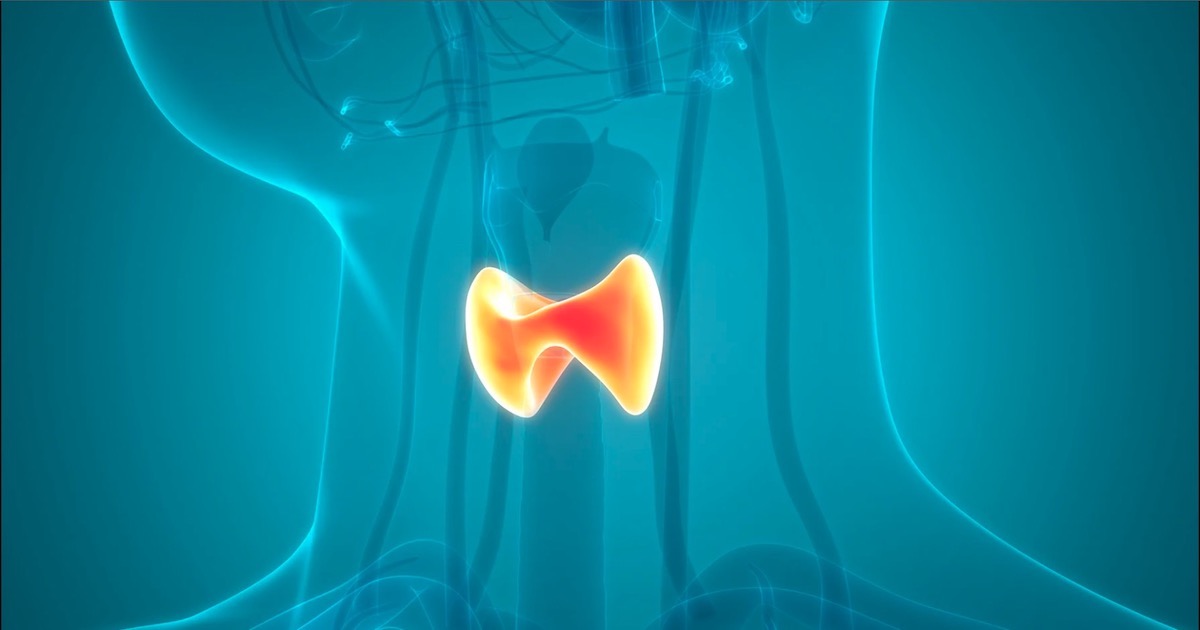Thyroid problems are fairly common in the United States. According to the American Thyroid Foundation, about 20 million Americans have a thyroid problem, although most are unaware of it. The thyroid gland is a small, shield-shaped organ located in the neck, just below the vocal cords. A properly functioning thyroid gland is essential to a person’s overall body health and well-being. When the thyroid gland is not working properly, it can lead to various health problems. It is important to know what causes thyroid problems and how they can be treated.

What Is the Thyroid Gland and What Function Does It Have in the Body?
The thyroid gland is a small organ located in the neck, just below the Adam’s apple. It is an important part of the endocrine system, responsible for regulating various processes in the body, including metabolism, heart rate, and blood sugar levels. The thyroid gland produces hormones, such as thyroxine and triiodothyronine, which help regulate the body’s metabolism. If the thyroid gland produces too few or too many hormones, it can lead to various health problems.
Causes of Thyroid Problems
There are several causes, including diseases of the thyroid gland itself, such as hypothyroidism (underactive thyroid) and hyperthyroidism (overactive thyroid). Hypothyroidism can result from a natural decrease in thyroid hormone production, medications that affect thyroid hormone production, or an abnormality in the thyroid gland itself, such as a benign nodule or surgery to remove the thyroid gland. Hyperthyroidism can result from an overactive thyroid gland, medications that affect the production of thyroid hormones or an autoimmune disease in which the immune system attacks the thyroid gland.
Risk Groups of Thyroid Problems
Some people have an increased risk of thyroid problems, such as women over 60, people with a family history of thyroid problems, people with autoimmune diseases, and people who have been previously treated for thyroid cancer. Pregnant women also have an increased risk of thyroid problems, especially if they are deficient in iodine, a mineral needed for thyroid hormone production. It is important to remember that although some people are at increased risk, anyone can develop this. Continue reading on the next page, and discover, among others, how you can recognize thyroid disease and what you should do next.

